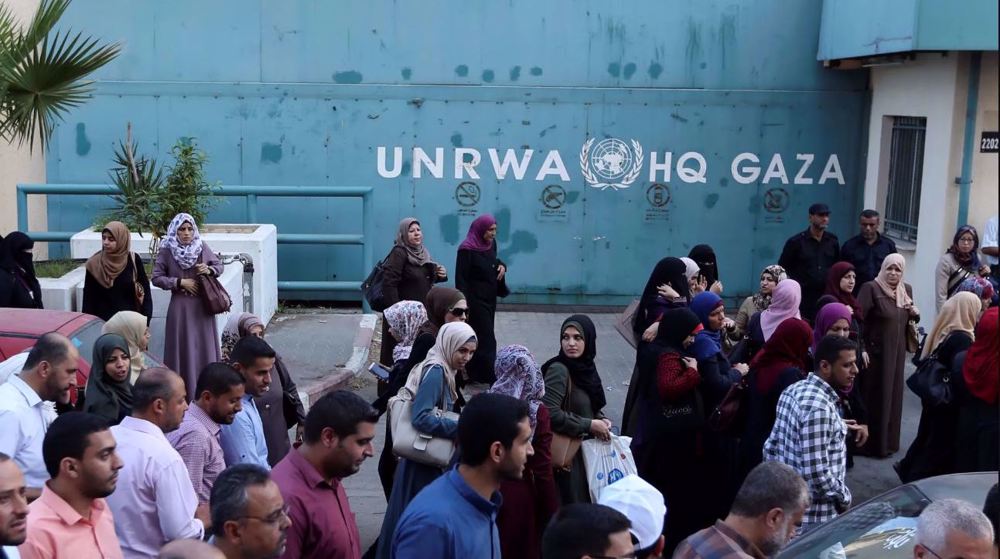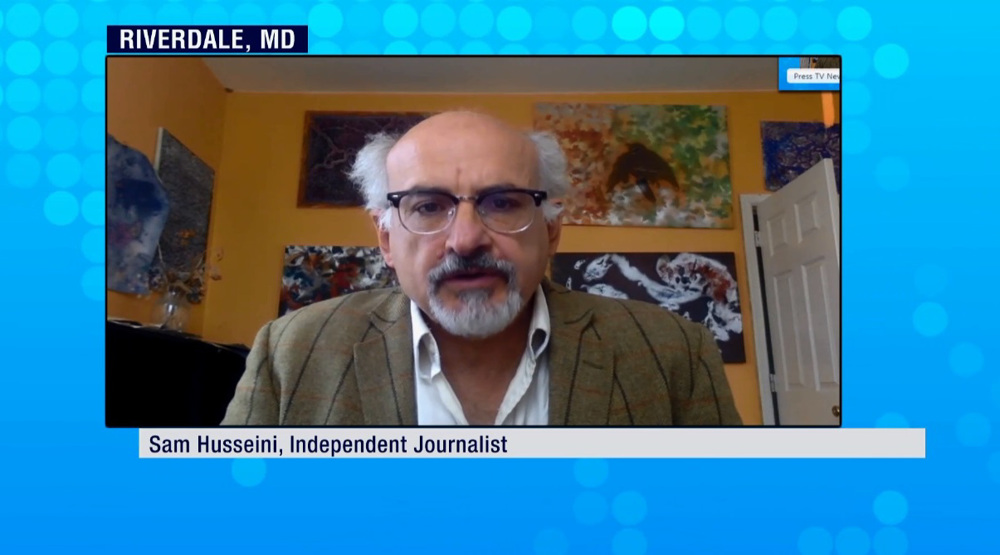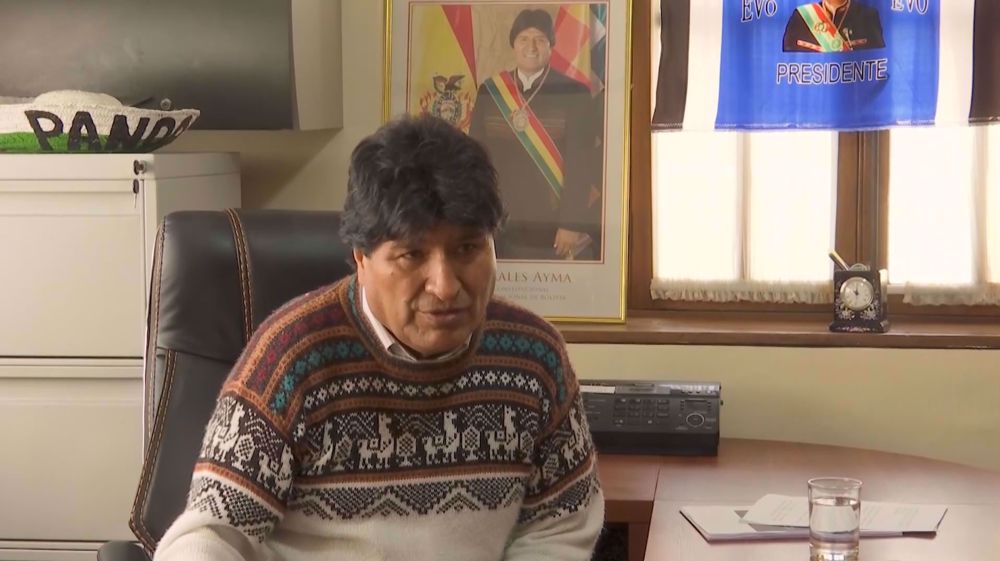Political will key to Iran nuclear deal: Pundit
Press TV has conducted an interview with Sharmine Narwani, a senior associate at Oxford University, to discuss the latest developments of nuclear negotiations between Iran and the P5+1 countries in the Austrian capital, Vienna.
This is a rough transcription of the interview.
Press TV: The US President Barack Obama said yesterday in Washington that I am going to walk away from this deal if Iran is backtracking and minutes later the Iranian President Hassan Rouhani said that Iran is going to resume its civilian nuclear program if the US doesn’t stick to the agreement that was agreed in April in Lausanne. How do you see this?
Narwani: I think we have to understand that these kinds of statements are in service of public diplomacy and not much more so. On one hand, both Presidents Obama and Rouhani have to set expectations for their domestic constituencies and people watching these deals very closely within government and outside. They also have to manage expectations for adversaries of this deal who don’t want to see a nuclear deal take place between the P5+1 and Iran and further to that perhaps a certain amount of it is to let the adversaries of the negotiation table be on notice that they are willing to take a tough stance on what is coming ahead. So, these kinds of comments are common in negotiations of this important and at this stage.
Press TV: And you talked about stage and I think this would be the final stage or am I wrong saying that looking at extension July 7th two days before July 9th of which the recess was supposed to take place from Congress but now they will have to vote on this. How do you see this progressing and do you think there would be a deal or not?
Narwani: I think today somebody in the US administration made it fairly clear that there would be no further extensions on the deadline. I think Iranian counterparts would agree neither party wants to have this go on endlessly with incremental extensions every week, every month. The Senate, the deadline looms on July 9th is helpful in that the parties know that they have about a week to hash out a deal and bridge their differences, otherwise it would be possibly no deal.
As far as what I think about whether there would be a deal or not, that is a big question here because clearly the parties are still at that table, because they believe there can be a deal and they believe there is enough in common and they bridged enough differences. But really with almost anyone you talk to here whether the negotiating teams or people close to the negotiating teams or officials in governments it is not clear. I think that they are able to hash out the remaining differences. I think the issue is political will as the Iranian Foreign Minister Javad Zarif continues to say political will is of the essence. Do the Americans have the courage to take on their constituencies that oppose the deal and come to that table and finalize the details and stick with the plan or not.
Press TV: There are a lot of people as you said adversaries on this whole issue and I think one of them is Saudi Arabia I am sure you agree with that. Now what is interesting and ironic here is that Saudi Arabia is doing everything it can but at the same time when we look at the region and the problems they have, perhaps one of the forces and maybe going a little out of line their forces defeating the ISIL in terms of the advisory role of Iran, Hezbollah and the Syrian government. Do you think that in the bigger picture the both countries say that they are not cooperating together that there maybe at least a chance for cooperation to take place when it comes to the region that would be beneficial for this deal to happen in that angle?
Narwani: You mean between the US and Iran or Iran and Saudi Arabia?
Press TV: Yes, US and Iran.
Narwani: I think that Iranian team particularly has made it very clear that these nuclear negotiations are about Iran’s nuclear file and are not about anything else, they don’t want to hitch regional conflicts to this file for very obvious reasons because then regional conflicts can be used as leverage at the negotiating table and that is a real negative as far as the agreement goes. I think once the deal is done and all the details are hashed out and people clearly know what they need to do at what time and what stages then the parties can breath a sigh relief and come together to discuss other issues where they have common interest like the mayhem in Iraq and the escalation and radicalism in Syria, what is happening in Yemen, what is happening in Bahrain, what is happening throughout the region. So, it is a nuclear deal first and then regional issues.
HRM/
Israel intensifies strikes across Gaza on day 200 of genocidal campaign
China says US still interfering in its affairs despite efforts to stabilize relations
Russia says will intensify strikes on Western weapons storage in Ukraine
‘200 days of livestreamed genocide’: Netizens react as Gaza war marks 200 days
Confirmed: Iran’s star striker Mehdi Taremi joining Italian champions Inter Milan
Google fires more employees over anti-Israel protests
Iran set to build more nuclear power plants: AEOI chief
'Iran’s True Promise ushers in new era for region; strategic implications felt across globe'









 This makes it easy to access the Press TV website
This makes it easy to access the Press TV website